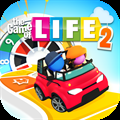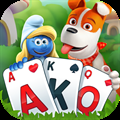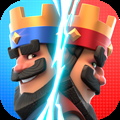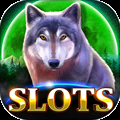Eiyuden Chronicle: Hundred Heroes Laughs In The Face Of Nostalgia
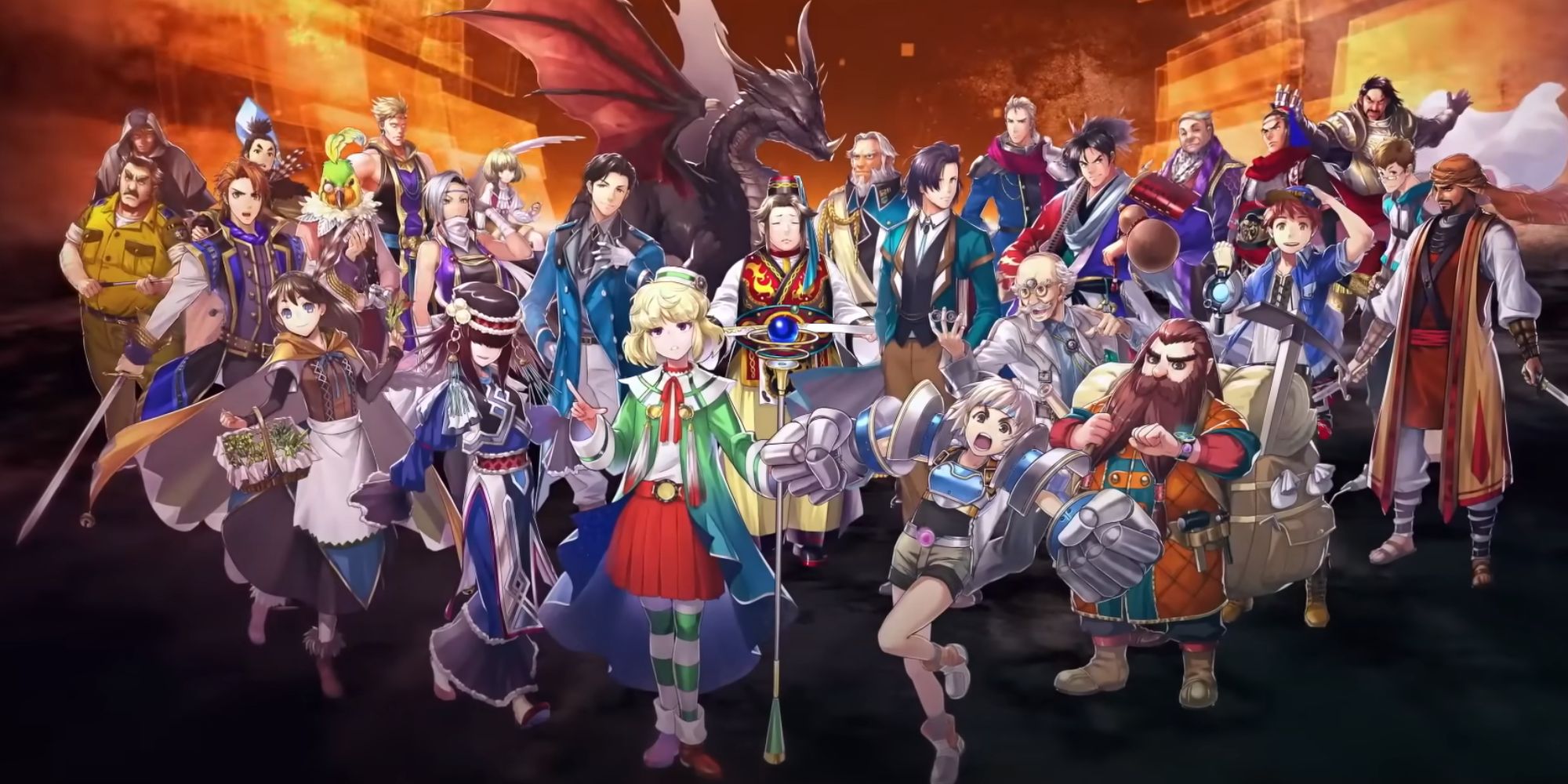
I recently had the pleasure of sitting down with some of the key players behind Rabbit And Bear studio to discuss the upcoming release of Eiyuden Chronicle: Hundred Heroes. While there was a lot said during our chat, one thing that stood out to me was a quote from Eiyuden’s art director, Junichi Murakami, speaking about the recently passed lead writer and director Yoshitaka Murayama.
Murayama-San hated the word nostalgia.
A curious statement, when Eiyuden is so clearly tethered to the past. For those unfamiliar, the game is a spiritual successor to the beloved Suikoden franchise. From its sprite-based graphics to its stubborn refusal to adopt certain modern niceties - more on that in a minute - I suspect some will even claim that Eiyuden clings to nostalgia. However, the more I play, the better I understand Murayama’s sentiment.
RelatedEiyuden Chronicle: Hundred Heroes Preview - A Hundred Reasons To Believe In The Power Of RPGs
Eiyuden Chronicle: Hundred Heroes looks to remind us of how magical RPGs can be.
PostsIn fact, the more time I spend with Eiyuden, the more convinced I have become that game developers are undermining their own work in the name of convenience. On some level I get it. I, too, have noticed the rallying cry for games to “respect the players' time” building in volume over the years. But we have to question if in pursuit of that streamlined experience we’ve lost something vital along the way.
Not-So-Fast Travel
Here’s a great example of Eiyuden Chronicle: Hundred Heroes bucking a modern trend. At the beginning of the game, you will be forced, quite cruelly, to move between locations on foot. That’s right, you do not have any form of fast travel. Once you hit the second major dungeon in Eiyuden, though, you will encounter the Dash Boots. Upon equipping these, your run speed is increased dramatically. You find the boots right at the end of a pretty lengthy dungeon. And you know what? It felt damn good getting them.
You’ll then progress through another few dungeons, and just as the world is feeling like it is getting a touch too big to explore on foot, you’ll encounter Carrie, who just so happens to possess teleportation magic. And that’s the thing, from its story to its gameplay, Eiyuden is built on that satisfying sense of progression. It doesn’t dump this stuff in your lap because it knows what that causes: a deep sense of indifference. Gradually acquiring these features, on the other hand, feels meaningful.
A Generation Ruined By Convenience
I was talking to another journalist who was playing through Eiyuden and they bemoaned the game’s unwillingness to inform them of an enemy’s weaknesses. They wondered if they had missed something, as no characters in the party had piped in with a tidbit of advice, cluing them into what they were missing. But the boss battles you encounter in Eiyuden are, to some degree, little puzzles. What is the point of a puzzle when your companions stumble over themselves to give you the answer?
Yes, I’m looking at you, Atreus. Shut up and let me figure out which cog to freeze!
Speaking of puzzles, while exploring the Abandoned Mines in Eiyuden, I encountered a trolley problem of sorts (worry not, no innocents were harmed), and, for a second, I was actually a little stumped. For a fleeting moment, I had to actually think about what the game had shown me in the previous area. It reminded me of a similar section in Final Fantasy 7 Rebirth where you’re pushing carts in an abandoned mine, a section that can barely be considered a puzzle. Why have we allowed puzzles to become obligatory busywork?
Good Design Shouldn’t Be Misconstrued As Nostalgia
But what really brought everything together for me was what Eiyden does have. It has a minimap that feels very modern. It will even provide markers for you to follow when pursuing the primary quest line. Skill trees, every modern RPG’s best friend, have been implemented into the base building system, and it’s a brilliant fit. Clearly, Eiyuden isn’t afraid of modern design, it just isn’t a slave to it.
I think that, at the end of the day, Murayama didn’t care for nostalgia because slavish adherence to how things used to be done is similarly a pretty poor way to design a game. And that is what is fantastic about Eiyuden: it does everything for a reason. It is a game less interested in being nostalgic or modern, and more interested in being great.
NextMy Gamer's Dilemma With Final Fantasy 7 Rebirth And Dragon's Dogma 2
With Stellar Blade on the horizon, I am abandoning Dragon's Dogma 2 to return to Final Fantasy 7 Rebirth
Posts






